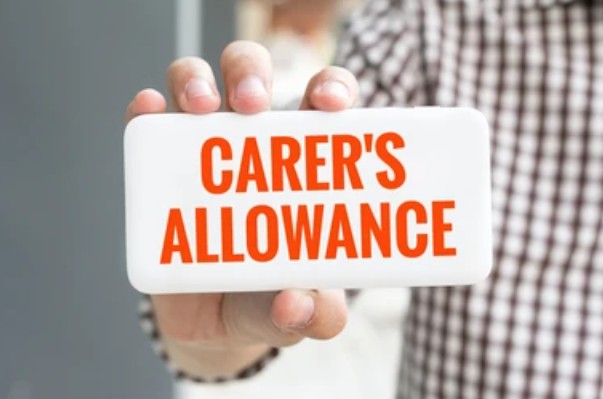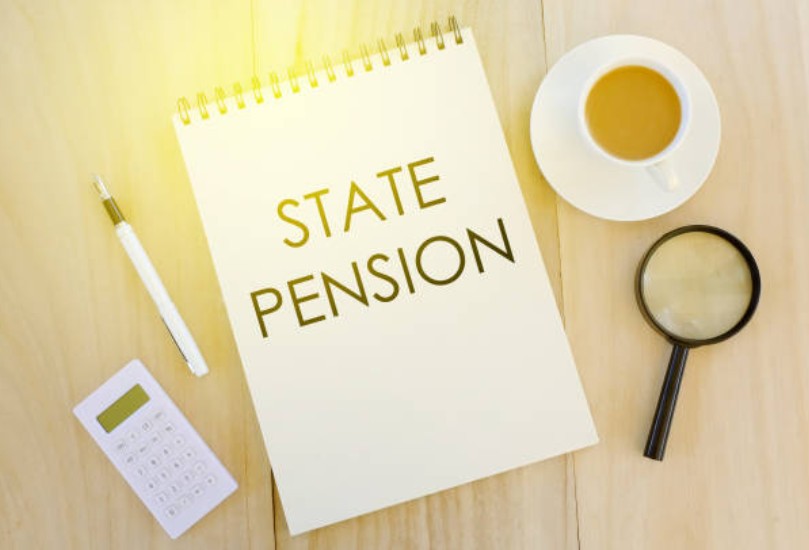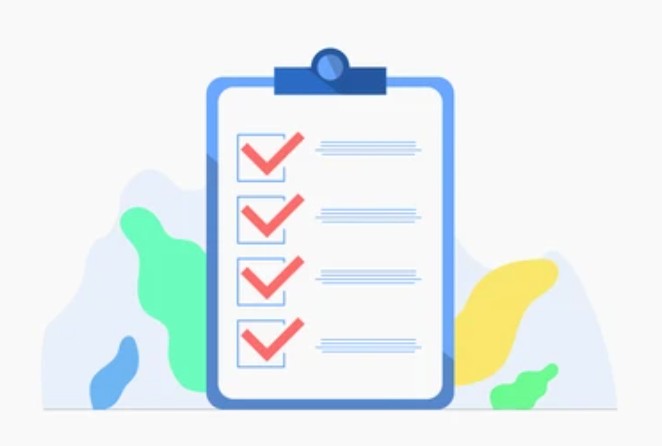Caring for someone can be a full-time responsibility, especially when they have a disability or long-term health condition. In the UK, the government recognises this commitment by offering Carer’s Allowance – a benefit for people who provide regular and substantial care for someone else. But not everyone qualifies, and understanding the rules can be confusing. This guide explores everything you need to know about the rules for claiming Carer’s Allowance, with each rule explained in the form of a question to help clarify your eligibility.
What Is Carer’s Allowance?
Carer’s Allowance is a non-means-tested benefit offered by the UK government to unpaid carers. It is designed to provide financial assistance to individuals who spend a significant amount of their time looking after someone who is ill or disabled. As of the 2025/26 tax year, the weekly payment is £83.30. While the amount may seem modest, receiving Carer’s Allowance can also entitle you to additional support, such as Carer’s Credit, Council Tax reductions, and benefit premiums.
To claim this benefit, you must meet certain eligibility criteria, which we cover below in detail.
Rules for Claiming Carer’s Allowance
1. Do You Provide at Least 35 Hours of Care Each Week?
One of the most fundamental requirements is the time you dedicate to caring. You must provide a minimum of 35 hours of care per week. This can be spread across the week and doesn’t need to be in one continuous block.
Caring activities may include:
- Helping with washing, dressing, and feeding
- Administering medication
- Taking the person to medical appointments
- Offering emotional support or supervision
- Doing tasks like shopping, cooking, or managing finances
Keep a log of your weekly care activities to demonstrate that you meet this threshold. The Department for Work and Pensions (DWP) may ask for evidence if your claim is reviewed.
2. Does the Person You Care For Receive a Qualifying Disability Benefit?

You can only claim Carer’s Allowance if the person you care for receives a qualifying benefit. These include:
- Personal Independence Payment (PIP) – Daily Living component
- Disability Living Allowance (DLA) – Middle or Highest Care component
- Attendance Allowance
- Armed Forces Independence Payment
- Constant Attendance Allowance (at or above the normal maximum rate)
These benefits serve as proof that the person you’re caring for has a level of disability that requires assistance. If the person’s benefit ends, your Carer’s Allowance may also stop, so it’s important to stay updated on their benefit status.
3. Are You 16 or Older?
To apply for Carer’s Allowance, you must be at least 16 years old. This ensures that the person claiming has the legal capacity and maturity to take on caregiving responsibilities. Carers under this age are not eligible, regardless of how much care they provide.
There are no upper age limits to claiming Carer’s Allowance. However, if you are over the State Pension age, your payment may be reduced or replaced by an underlying entitlement, depending on other benefits you receive.
4. Are You Studying Full-Time?

If you’re in full-time education, you are not eligible for Carer’s Allowance. Full-time education is defined as more than 21 hours per week of supervised study, including lectures, tutorials, and coursework.
If you’re attending part-time education or studying through distance learning, you may still be eligible, but you must ensure your total supervised study hours do not exceed the 21-hour threshold.
Students should provide official confirmation of study hours from their educational institution to avoid delays or issues with their claim.
5. Are You Earning More Than £196 a Week?
To qualify for Carer’s Allowance, your net earnings must be £196 or less per week. Net earnings are your income after deductions for:
- Income tax
- National Insurance contributions
- Pension contributions
- Some allowable business expenses (if self-employed)
If you are employed, payslips will be used to determine your earnings. If self-employed, you may need to submit detailed records of your income and expenses. If your earnings vary week by week, an average may be calculated.
Be cautious: even exceeding the earnings limit by £1 can make you ineligible for the week in question.
6. Do You Live in the UK?
To be eligible for Carer’s Allowance, you must live in the UK and be habitually resident. This means the UK must be your main home and where you normally live.
You also need to meet at least one of the following conditions:
- Be present in the UK for at least 104 of the past 156 weeks
- Not be subject to immigration control, unless you qualify under specific exemptions
If you travel abroad, your Carer’s Allowance may stop after four weeks unless the trip is related to the cared-for person’s medical treatment.
7. Is Someone Else Already Claiming Carer’s Allowance for This Person?

Only one person can receive Carer’s Allowance for the same cared-for person. If another person is already claiming for them, you won’t be able to claim, even if you also provide significant care.
In such situations, you might be eligible for Carer’s Credit, which helps protect your National Insurance record and future State Pension entitlement. Alternatively, discuss with the other carer to determine who is in a better position to claim.
8. Are You Affected by Immigration Restrictions?
Your immigration status can affect your eligibility. You must not be subject to immigration control unless you fall into one of the exemption categories, such as:
- Having settled status or pre-settled status under the EU Settlement Scheme
- Being a refugee or having humanitarian protection
If your immigration documents state “no recourse to public funds,” you will not be eligible to claim Carer’s Allowance. It’s essential to seek advice if your status is unclear.
9. Are You Already Receiving State Pension or Other Overlapping Benefits?

Some benefits overlap with Carer’s Allowance, particularly the State Pension. If you receive a State Pension that is equal to or higher than Carer’s Allowance, you won’t receive the payment itself, but you may still qualify for underlying entitlement.
This underlying entitlement can:
- Increase your eligibility for means-tested benefits
- Entitle you to additional elements in Universal Credit or Pension Credit
- Help with Council Tax reductions
You may also be eligible for a Carer Premium or Carer Addition in other benefits. It’s important to inform the DWP of all the benefits you receive to ensure you get the maximum support.
10. Are You Prepared to Report Changes in Your Circumstances?
If you receive Carer’s Allowance, you are legally required to report any change in circumstances that might affect your eligibility. These include:
- Your caring hours fall below 35 per week
- Your earnings exceed the threshold
- You stop caring for the person
- You begin full-time education
- The person you care for goes into hospital or residential care
- You or the person you care for leave the country
Failing to report changes can lead to overpayments, which you may be required to repay, or even result in fines or prosecution. You can report changes online, by phone, or by post.
How Do You Apply for Carer’s Allowance?
You can apply for Carer’s Allowance:
- Online at gov.uk/carers-allowance
- By post using form DS700 or DS700(SP) if over State Pension age
Information you’ll need includes:
- Your National Insurance number
- Employment and income details
- The cared-for person’s name, date of birth, and National Insurance number
- Details of their qualifying disability benefit
Claims can be backdated up to 3 months if you were eligible during that time. Processing times may vary, so apply as soon as you meet the criteria.
Final Thoughts
Carer’s Allowance is more than just a payment; it’s a recognition of your valuable role in society. While the rules may seem complex, knowing the key criteria makes it easier to assess your eligibility and access the support you deserve.
If you’re providing unpaid care regularly, check your situation against these questions. It could make a meaningful difference to your financial wellbeing and open doors to further assistance.

Leave a Reply